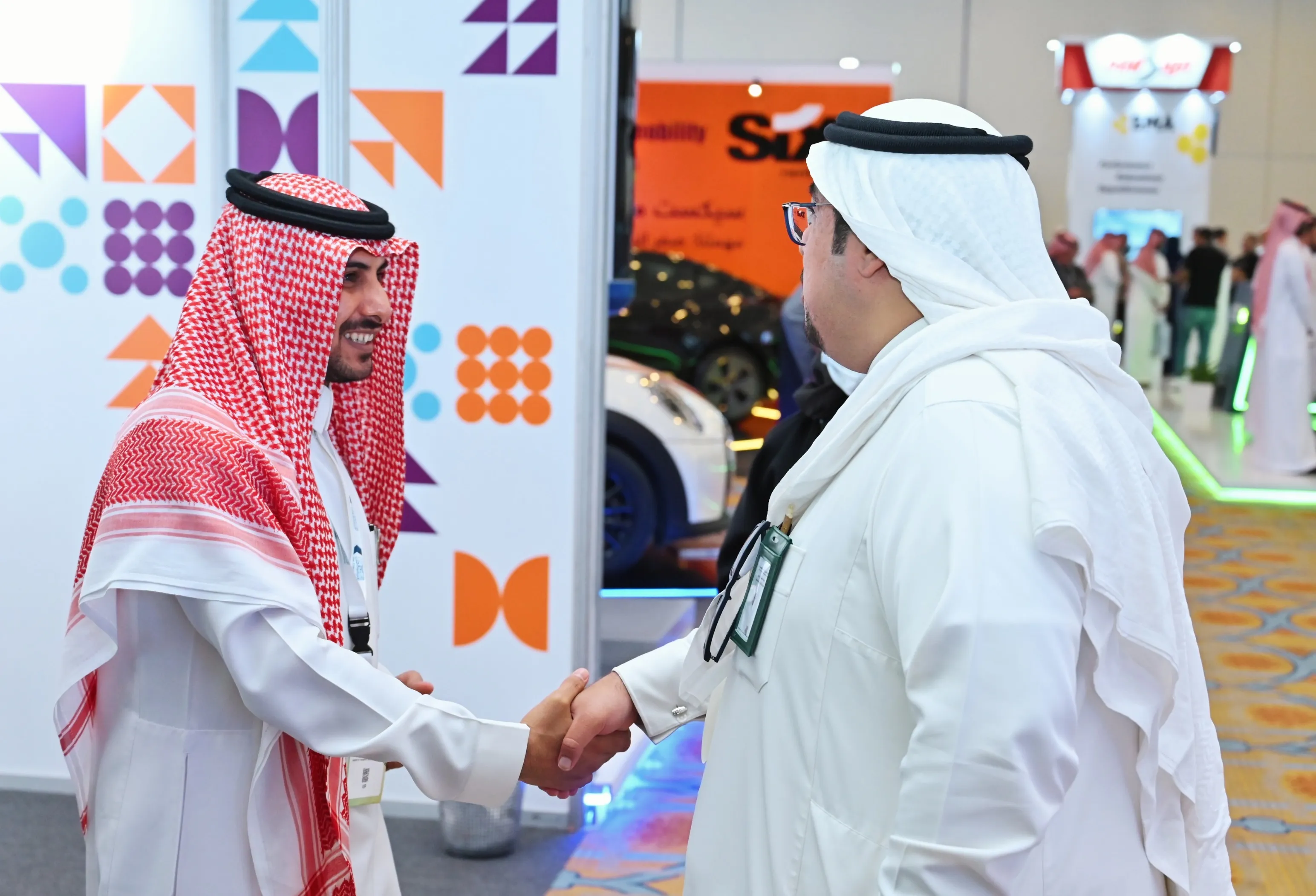Having expanded its activities to the public transport sector, Kapsch CarrierCom’s public transport business unit has been successful in winning a US$13 million contract to implement a digital radio network based on the TETRA standard for Nexus, the strategic public transport body in the UK’s north-east.
Based in Newcastle, Nexus owns and manages the Tyne and Wear Metro, which is used annually by 37 million passengers. The new digital radio system will be installed on the Metro’s fleet of 90 trains, repl
June 23, 2014
Read time: 2 mins
Having expanded its activities to the public transport sector, 81 Kapsch CarrierCom’s public transport business unit has been successful in winning a US$13 million contract to implement a digital radio network based on the TETRA standard for 2105 Nexus, the strategic public transport body in the UK’s north-east.
Based in Newcastle, Nexus owns and manages the Tyne and Wear Metro, which is used annually by 37 million passengers. The new digital radio system will be installed on the Metro’s fleet of 90 trains, replacing the existing analogue system, contributing to the service’s operation and establishing the basis for Nexus to develop and expand its service offerings.
Kapsch will build the entire TETRA infrastructure; deliver cab radios (the communications devices used in the vehicles) as well as all the terminals for the control centers. The new communications system will provide full coverage of the network in the entire Nexus area of operation and will also provide a significantly better performance than the existing analogue system.
The project forms part of the US$662 million Metro all change modernisation programme, an 11 year programme of modernisation work on the Tyne and Wear Metro, funded by the UK Government.
"The Nexus contract is the largest of its kind so far in the public transport business unit, a field that we have entered only recently. It demonstrates quite remarkably that our strategy of applying our experience in planning, building, and operating communications solutions to public transport operations was exactly the right step to take,” says Kari Kapsch, CEO of Kapsch CarrierCom.
Director of Rail and Infrastructure for Nexus, Raymond Johnstone, said: “The work to replace the radio system on the Tyne and Wear Metro is a highly significant part of our US$662 million modernisation programme. It is vital work that will harness the very latest digital technology to vastly improve Metro’s communication system. The current analogue system is reliable but we will get much better performance from more modern telecommunications technology.”
Based in Newcastle, Nexus owns and manages the Tyne and Wear Metro, which is used annually by 37 million passengers. The new digital radio system will be installed on the Metro’s fleet of 90 trains, replacing the existing analogue system, contributing to the service’s operation and establishing the basis for Nexus to develop and expand its service offerings.
Kapsch will build the entire TETRA infrastructure; deliver cab radios (the communications devices used in the vehicles) as well as all the terminals for the control centers. The new communications system will provide full coverage of the network in the entire Nexus area of operation and will also provide a significantly better performance than the existing analogue system.
The project forms part of the US$662 million Metro all change modernisation programme, an 11 year programme of modernisation work on the Tyne and Wear Metro, funded by the UK Government.
"The Nexus contract is the largest of its kind so far in the public transport business unit, a field that we have entered only recently. It demonstrates quite remarkably that our strategy of applying our experience in planning, building, and operating communications solutions to public transport operations was exactly the right step to take,” says Kari Kapsch, CEO of Kapsch CarrierCom.
Director of Rail and Infrastructure for Nexus, Raymond Johnstone, said: “The work to replace the radio system on the Tyne and Wear Metro is a highly significant part of our US$662 million modernisation programme. It is vital work that will harness the very latest digital technology to vastly improve Metro’s communication system. The current analogue system is reliable but we will get much better performance from more modern telecommunications technology.”










